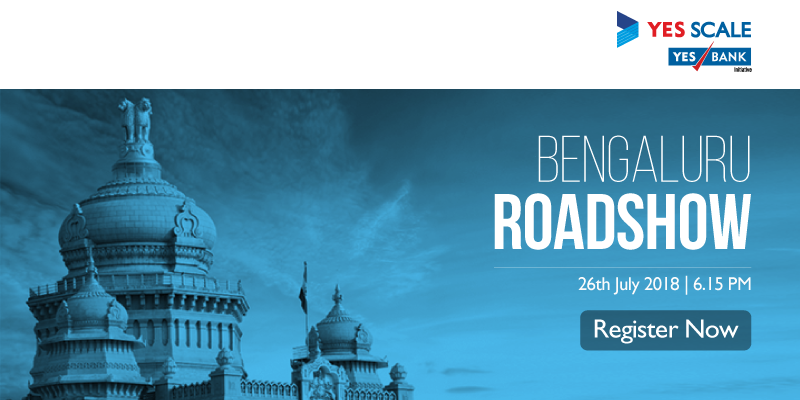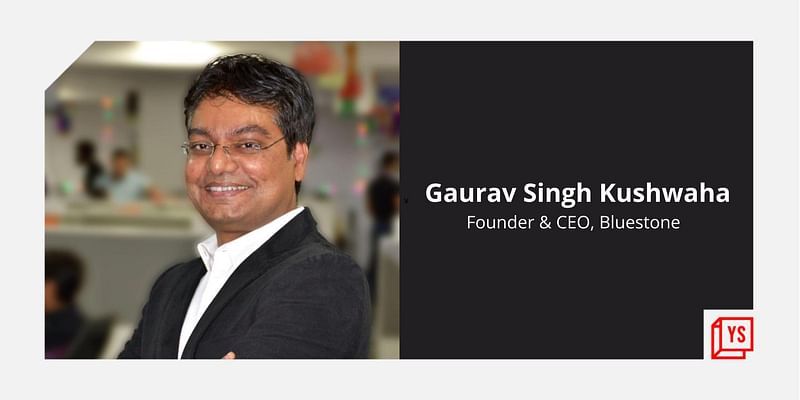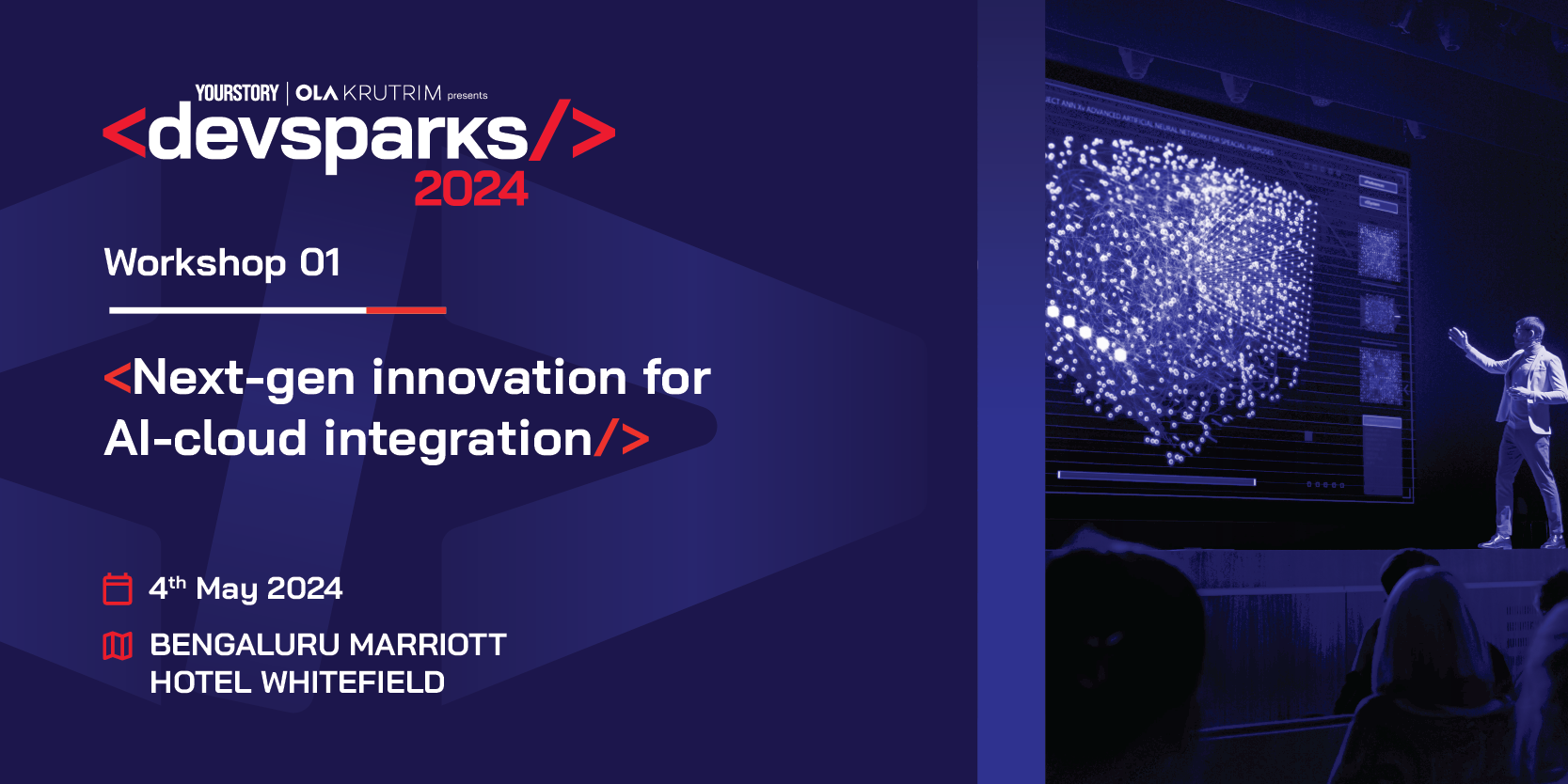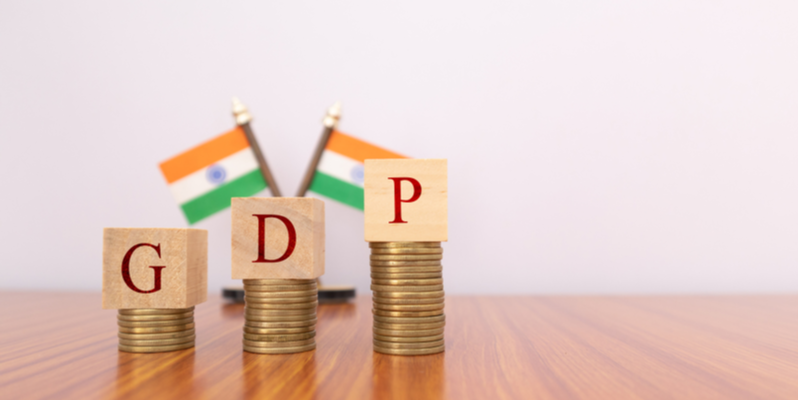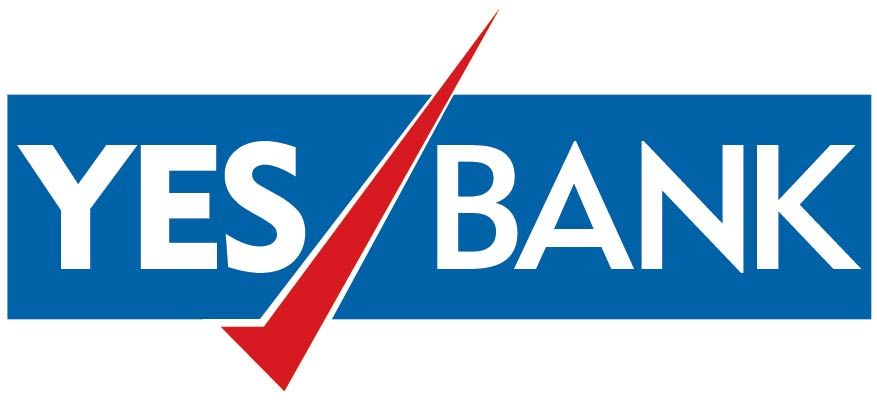
YES Bank
View Brand PublisherBring your tech vision for a smart and clean city of the future at the YES SCALE Bengaluru roadshow
With the promise of better livelihoods and a higher standard of living, Indian cities have seen an influx of millions of people. Today, there are close to 410 million people living in Indian cities, which is 31.6 percent of the country’s total population, according to the 2011 census. This number is set to reach 60 percent in the next 30 years, according to predictions by NITI Aayog.
With such a rapid increase in population, urban India has a number of problems. Mobility and traffic woes are chief among these. In the last two decades, the country has seen a mammoth 775 percent increase in the number of passenger vehicles. According to a survey by Ford Motors across five Asia-Pacific countries, India was on top when it came to the maximum amount of time that commuters are stuck in traffic. Added to the stress that this causes, there is also the issue of wastage of fuel. On average, one loses around 20 percent extra fuel when stuck in traffic. This amounts to a whopping loss of Rs 600,000 million, according to a report by Transport Corporation of India and the Indian Institute of Management Calcutta.
Water management is another problem area. India has only 4 percent of the world’s reusable water but houses 18 percent of the total global population. So, water scarcity is a harsh reality for nearly half the population – 50 percent of urban households in India are not yet connected to a water pipeline. For those who do have a water connection, a 24-hour water supply is a distant dream as an average urban household receives water for only two hours a day.
Waste management is yet another massive problem. India generates 0.14 million metric tonnes of solid waste daily and 17 percent of this waste is never collected, and over 71 percent is never processed or recycled. This unrecycled waste is housed on approximately 1,240 hectares of landfill and has the potential to generate 500MW of power at current levels and up to 1075MW by 2031. This amount of accumulated waste also has a negative impact on the health and social conditions of citizens.
The bright side is that we now have 500+ startups that are willing to take these urban challenges head on and work towards building sustainable solutions – from traffic management and parking assistance using sensors, to optimised garbage collection by use of smart-bins, to energy efficiency solutions like Smart Metering, Smart Grids and IoT enabled devices.

All-in-one ecosystem to build cities of the future
Startups working on such challenges sometimes struggle to make their solutions widely available. “Understanding various Government regulations that impacted us was very difficult,” says the founder of a Bengaluru startup currently working on waste water recycling solutions. “We ended up spending more time trying to figure out the complexities of the laws than working on our solution.” Getting early stage funding is another issue, especially in sunrise sectors like clean technology. Another setback these startups face is the opportunity to commercialise their solution. The companies often lack mentorship and assistance needed to scale up those solutions.
YES BANK, India’s fourth-largest private sector bank, recognises the vast problem-solving potential that startups have and had successfully partnered with fintech startups in the YES Fintech programme to co-create solutions for the bank’s over two million customers. In one year, the programme helped commercialise 15+ solutions and helped startups raise more than $5 million in funding.
Now, YES BANK has launched a brand-new flagship program called YES SCALE, with five accelerators; each focusing on high-impact sunrise sectors of the Indian economy including Smart City, Clean Technology, Agri Business, Life Sciences and Education. Through the YES SCALE programme, YES BANK wants to scale up startups working on solutions in these focus areas. The program is currently accepting applications for Smart City, Cleantech and Agritech Accelerators.
Click here to apply for the programme.
This programme has partnered with 10+ Indian Smart Cities including Surat, Rajkot, Warangal, Chandigarh, Gurgaon and Nashik among others; with industry leaders like Bosch, Dell EMC and First Solar, Govt. bodies (MNRE) Funding Partners like Artha India Ventures, Anthill, Unitus Ventures, and program partner Villgro to create an all-encompassing ecosystem that solves three key startup challenges:
- Funding up to $1 million (via investment partners) and financial support of up to Rs 20 lakhs for the startups to create a proof of concept (PoC)
- Commercialization support through all its partners
- Compliance, legal and scale up guidance from 100+ mentors.
Multi-city roadshows coming to a venue near you
To share more details about the accelerators for the Smart City, Cleantech and Agritech sectors YES SCALE is organising a roadshow in Bengaluru on July 26. On the agenda is an introduction to the programme, the issues they hope to address through it, why startups should participate, and discussions with YES SCALE industry partners (Dell, Bosch, MTR and Big Basket).
Date: July 26, 2018
Time: 6.15 pm onwards
Venue: Awfis Kormangala, 7th Floor, HM Vibha Towers, Chikku Lakshmaiah Layout, Adugodi, Near Forum Mall, Hosur Road, Bengaluru






